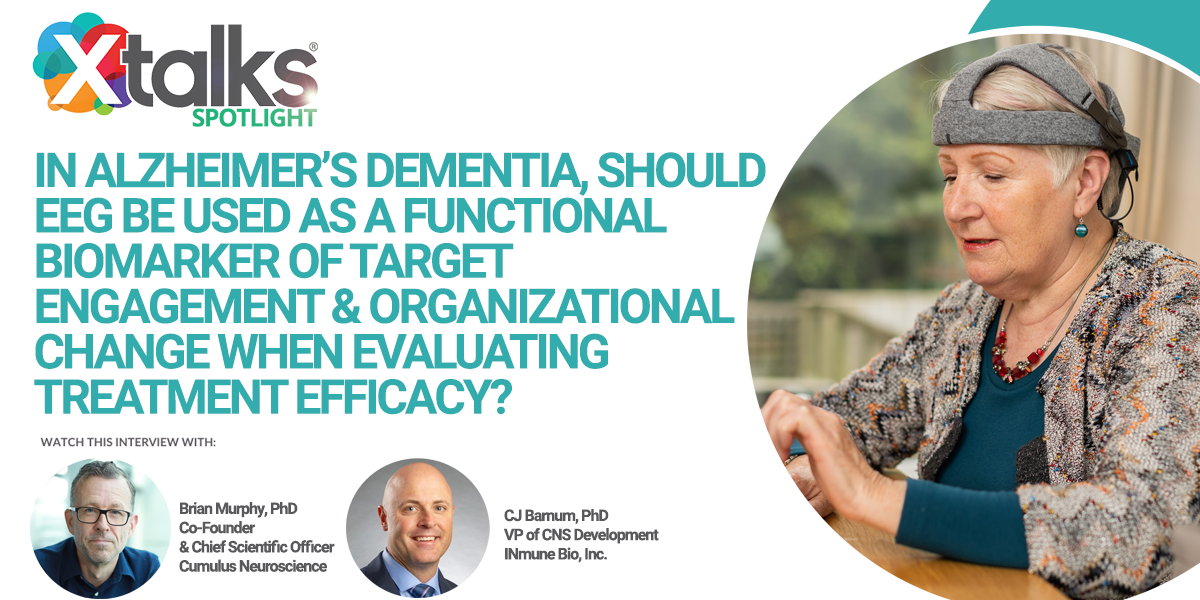Alzheimer’s disease drugs are notoriously difficult to develop, as they often show efficacy in early stage clinical trials but fail to meet critical endpoints when it comes to the pivotal Phase III study. Now, Alzheimer’s researchers are imploring the FDA to update the criteria it uses to approve new therapies for the neurodegenerative disease, to incentivize more R&D in the field.
Currently, the FDA requires that new Alzheimer’s drugs must demonstrate a benefit on both a cognition and a function endpoint. Since this criteria was never formalized in FDA guidance, and our understanding of Alzheimer’s disease pathology has advanced in recent years, the researchers argue that a single primary endpoint should be sufficient for a New Drug Application (NDA) filing with the regulator.
“If the FDA were to state that meaningful efficacy on a single endpoint is sufficient for approval, we believe that it would impact prospective investments in this therapeutic area as well as clinical trial design,” wrote the authors in their publication. “We believe a clarified and modernized FDA approval standard for Alzheimer’s disease would catalyze renewed investment in the discovery and development of new medical advances for Alzheimer’s disease, particularly in early-stage companies and for venture investment.”
As the population ages, Alzheimer’s disease continues to be a growing problem, however the researchers point out that the search for new therapies is far behind that of other serious diseases. For example, between 2014 and 2015, there were 4976 oncology clinical trials being conducted; in that same time period, there were just 135 studies on Alzheimer’s disease.
This lack of active clinical trials in Alzheimer’s disease can at least be partially explained by the over 99 percent failure rate observed in this therapeutic are in the last 10 years. The last drug to treat Alzheimer’s was approved in 2003, and was one of 244 compounds assessed in over 400 clinical trials between 2002 and 2012.
If the FDA were to modernize their approval criteria, the researchers say that it would be consistent with 2013 draft guidance released by the regulator regarding drug development for early stages of Alzheimer’s disease. They believe that an Alzheimer’s drug that shows an improvement in memory in clinical trials should still be eligible for FDA approval regardless of functional benefits, due to the potential for the drug to improve patients’ quality of life.
“Irrespective of the degree of impact on secondary measures, the notion that the FDA would deny approval for a safe and well-tolerated drug candidate that achieves its primary endpoint of improving cognition in patients with Alzheimer’s disease is almost unthinkable,” wrote the authors. “…we appeal to regulators to do their part in heralding this much-needed breakthrough by modernizing standards for primary outcomes in Alzheimer’s clinical trials, and by so doing, providing greater clarity for measures of success to the field.”
The article was written by members of the ResearchersAgainstAlzheimer’s (RA2) group, which is comprised of over 450 Alzheimer’s researchers around the world. RA2 was founded by the patient advocacy group, UsAgainstAlzheimer’s, whose mission is to end Alzheimer’s by the year 2020 by supporting outcome-orientated research and political change.












Join or login to leave a comment
JOIN LOGIN